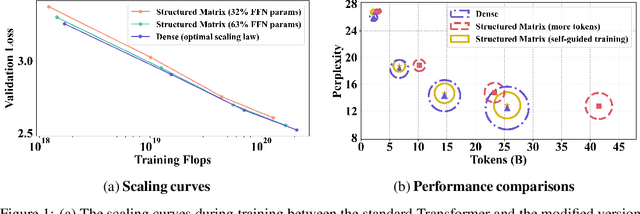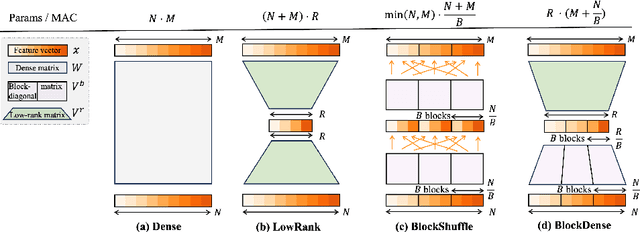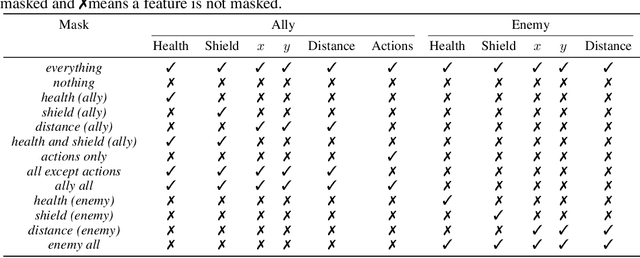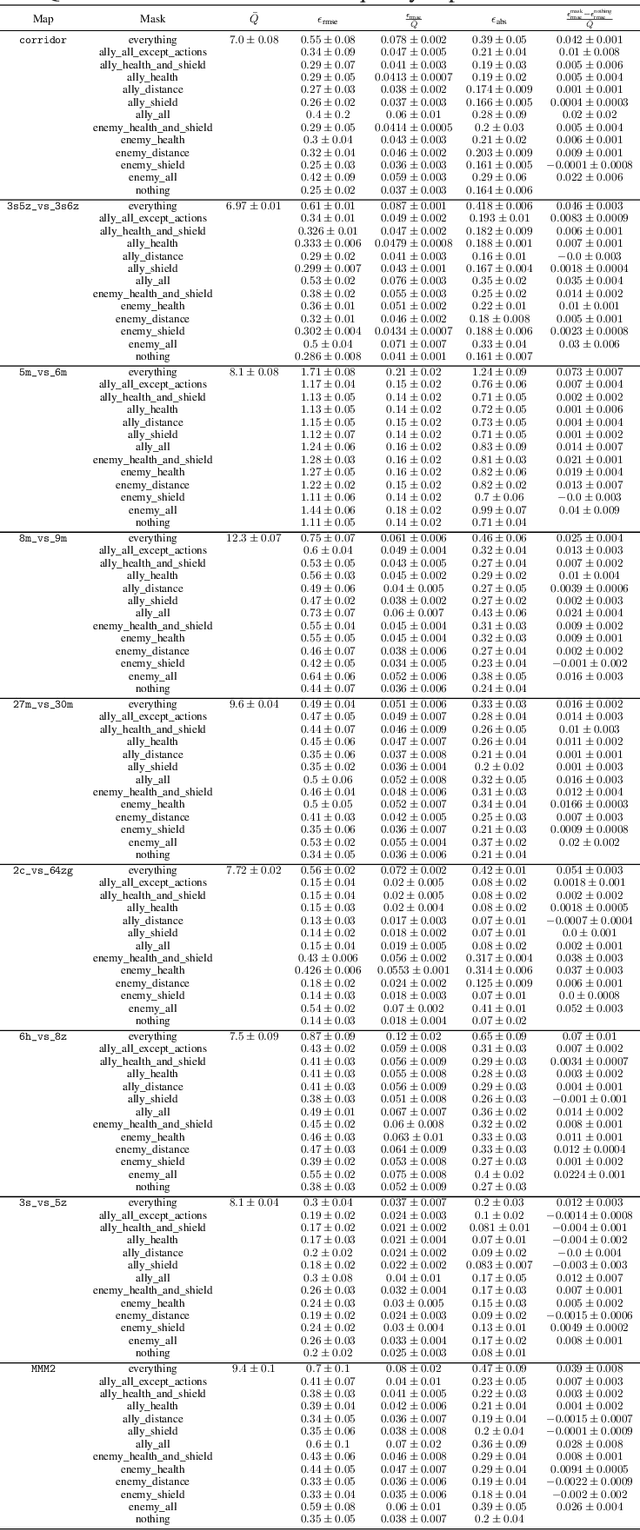Skander Moalla
Apertus: Democratizing Open and Compliant LLMs for Global Language Environments
Sep 17, 2025



Abstract:We present Apertus, a fully open suite of large language models (LLMs) designed to address two systemic shortcomings in today's open model ecosystem: data compliance and multilingual representation. Unlike many prior models that release weights without reproducible data pipelines or regard for content-owner rights, Apertus models are pretrained exclusively on openly available data, retroactively respecting robots.txt exclusions and filtering for non-permissive, toxic, and personally identifiable content. To mitigate risks of memorization, we adopt the Goldfish objective during pretraining, strongly suppressing verbatim recall of data while retaining downstream task performance. The Apertus models also expand multilingual coverage, training on 15T tokens from over 1800 languages, with ~40% of pretraining data allocated to non-English content. Released at 8B and 70B scales, Apertus approaches state-of-the-art results among fully open models on multilingual benchmarks, rivalling or surpassing open-weight counterparts. Beyond model weights, we release all scientific artifacts from our development cycle with a permissive license, including data preparation scripts, checkpoints, evaluation suites, and training code, enabling transparent audit and extension.
Investigating Low-Rank Training in Transformer Language Models: Efficiency and Scaling Analysis
Jul 13, 2024



Abstract:State-of-the-art LLMs often rely on scale with high computational costs, which has sparked a research agenda to reduce parameter counts and costs without significantly impacting performance. Our study focuses on Transformer-based LLMs, specifically applying low-rank parametrization to the computationally intensive feedforward networks (FFNs), which are less studied than attention blocks. In contrast to previous works, (i) we explore low-rank parametrization at scale, up to 1.3B parameters; (ii) within Transformer language models rather than convolutional architectures; and (iii) starting from training from scratch. Experiments on the large RefinedWeb dataset show that low-rank parametrization is both efficient (e.g., 2.6$\times$ FFN speed-up with 32\% parameters) and effective during training. Interestingly, these structured FFNs exhibit steeper scaling curves than the original models. Motivated by this finding, we develop the wide and structured networks surpassing the current medium-sized and large-sized Transformer in perplexity and throughput performance.
Building on Efficient Foundations: Effectively Training LLMs with Structured Feedforward Layers
Jun 24, 2024



Abstract:State-of-the-art results in large language models (LLMs) often rely on scale, which becomes computationally expensive. This has sparked a research agenda to reduce these models' parameter count and computational costs without significantly impacting their performance. Our study focuses on transformer-based LLMs, specifically targeting the computationally intensive feedforward networks (FFN), which are less studied than attention blocks. We consider three candidate linear layer approximations in the FFN by combining efficient low-rank and block-diagonal matrices. In contrast to many previous works that examined these approximations, our study i) explores these structures from the training-from-scratch perspective, ii) scales up to 1.3B parameters, and iii) is conducted within recent Transformer-based LLMs rather than convolutional architectures. We first demonstrate they can lead to actual computational gains in various scenarios, including online decoding when using a pre-merge technique. Additionally, we propose a novel training regime, called \textit{self-guided training}, aimed at improving the poor training dynamics that these approximations exhibit when used from initialization. Experiments on the large RefinedWeb dataset show that our methods are both efficient and effective for training and inference. Interestingly, these structured FFNs exhibit steeper scaling curves than the original models. Further applying self-guided training to the structured matrices with 32\% FFN parameters and 2.5$\times$ speed-up enables only a 0.4 perplexity increase under the same training FLOPs. Finally, we develop the wide and structured networks surpassing the current medium-sized and large-sized Transformer in perplexity and throughput performance. Our code is available at \url{https://github.com/CLAIRE-Labo/StructuredFFN/tree/main}.
No Representation, No Trust: Connecting Representation, Collapse, and Trust Issues in PPO
May 01, 2024Abstract:Reinforcement learning (RL) is inherently rife with non-stationarity since the states and rewards the agent observes during training depend on its changing policy. Therefore, networks in deep RL must be capable of adapting to new observations and fitting new targets. However, previous works have observed that networks in off-policy deep value-based methods exhibit a decrease in representation rank, often correlated with an inability to continue learning or a collapse in performance. Although this phenomenon has generally been attributed to neural network learning under non-stationarity, it has been overlooked in on-policy policy optimization methods which are often thought capable of training indefinitely. In this work, we empirically study representation dynamics in Proximal Policy Optimization (PPO) on the Atari and MuJoCo environments, revealing that PPO agents are also affected by feature rank deterioration and loss of plasticity. We show that this is aggravated with stronger non-stationarity, ultimately driving the actor's performance to collapse, regardless of the performance of the critic. We draw connections between representation collapse, performance collapse, and trust region issues in PPO, and present Proximal Feature Optimization (PFO), a novel auxiliary loss, that along with other interventions shows that regularizing the representation dynamics improves the performance of PPO agents.
SMACv2: An Improved Benchmark for Cooperative Multi-Agent Reinforcement Learning
Dec 14, 2022



Abstract:The availability of challenging benchmarks has played a key role in the recent progress of machine learning. In cooperative multi-agent reinforcement learning, the StarCraft Multi-Agent Challenge (SMAC) has become a popular testbed for centralised training with decentralised execution. However, after years of sustained improvement on SMAC, algorithms now achieve near-perfect performance. In this work, we conduct new analysis demonstrating that SMAC is not sufficiently stochastic to require complex closed-loop policies. In particular, we show that an open-loop policy conditioned only on the timestep can achieve non-trivial win rates for many SMAC scenarios. To address this limitation, we introduce SMACv2, a new version of the benchmark where scenarios are procedurally generated and require agents to generalise to previously unseen settings (from the same distribution) during evaluation. We show that these changes ensure the benchmark requires the use of closed-loop policies. We evaluate state-of-the-art algorithms on SMACv2 and show that it presents significant challenges not present in the original benchmark. Our analysis illustrates that SMACv2 addresses the discovered deficiencies of SMAC and can help benchmark the next generation of MARL methods. Videos of training are available at https://sites.google.com/view/smacv2
 Add to Chrome
Add to Chrome Add to Firefox
Add to Firefox Add to Edge
Add to Edge